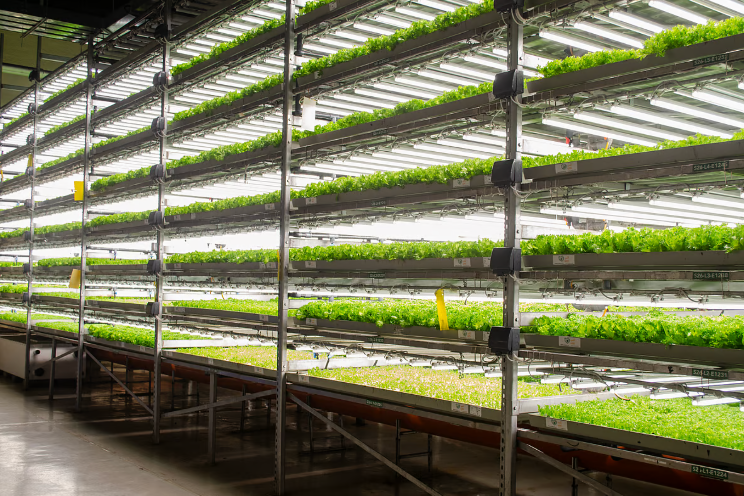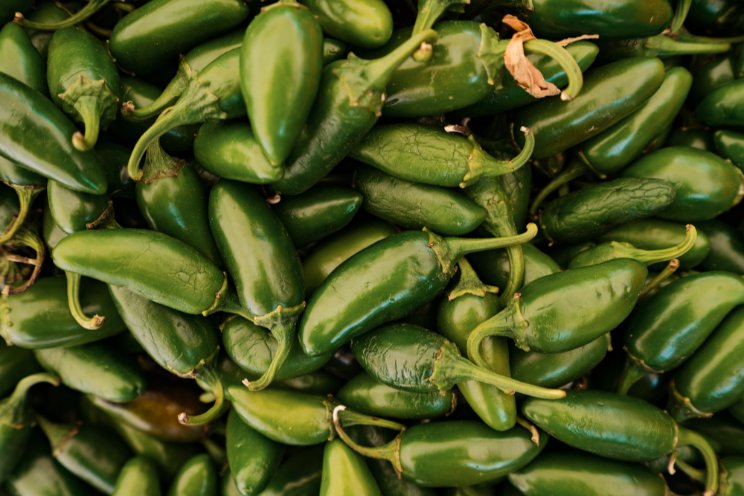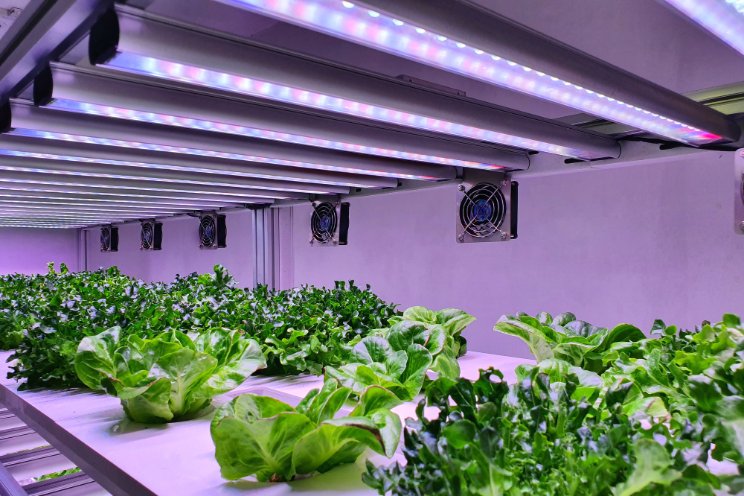Can urban farming play a key role in food security?
Added on 07 March 2023

Urban farming can conjure up images of small plots of land in the midst of concrete jungles — oases where city-dwellers can come together, forge bonds with neighbors and reconnect with nature.
Yet, urban farming is an opportunity to bring large-scale food production into cities, taking advantage of new technologies and innovation to address issues of sustainability and resilience in the food system that are being exacerbated by climate change and political instability.
“Growing food in urban areas gives people the opportunity to transform their relationship with consumption by becoming producers themselves,” says Kai Sawyer, founder of Tokyo Urban Permaculture, a project he started in 2011 with the mission of promoting a holistic approach to land management and settlement design.
Through grassroots initiatives, including acts of guerrilla gardening that involve growing food and plants on someone else’s land, Sawyer has gradually built a movement that focuses on taking care of people and the environment.
Some of his most well-known projects include community gardens where people come together and learn to grow food in urban settings, an international school for sustainable living — the Peace and Permaculture Dojo — in the city of Isumi, Chiba Prefecture, and a crowdsourced and crowdfunded book on how to practice urban permaculture, which he describes as “the ethics of earth care, people care and fair share.”
Photo: Vertical farming can drastically reduce the use of finite resources — particularly water and nutrients — compared to conventional agriculture. | COURTESY OF PLANTX
More news















